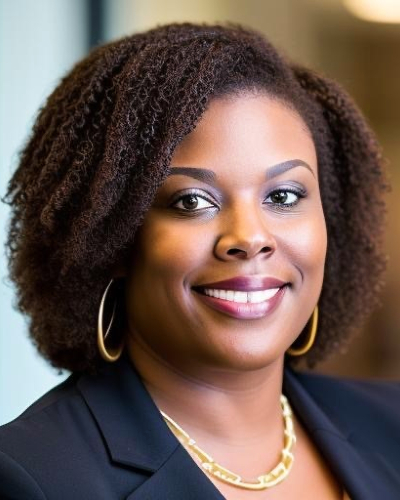Department of Psychiatry Resolution to Address Racism

Anique K. Forrester, MD
Chief of Diversity
The Department of Psychiatry is committed to actively examining, identifying, and addressing systemic racism and structural inequality. These issues are complex, affecting not only our Department, but the entire medical system and our campus. Through work with our School of Medicine and University of Maryland Medical System colleagues and partners, we are committed to modifying policies and operations to assure our ongoing commitment to Equity, Diversity, and Inclusion.
Our action plans include the establishment and development of:
- Diversity leadership within the Department
- Diversity and Antiracism curriculum for all trainees
- Department-wide initiatives and training in antiracism and social justice
- Leadership training to facilitate difficult conversations
- Recruitment and retention strategies for faculty and staff
Department of Psychiatry Diversity Committee
Anique K. Forrester, MD, currently serves as the Department of Psychiatry Chief of Diversity. Dr. Forrester works with Department Chair Jill RachBeisel, MD, and leadership teams to further our commitment to Diversity, Equity, and Inclusion (DEI).
- Contact Dr. Forrester with questions, comments, reflections, and input.
Dr. Forrester leads the Department of Psychiatry Diversity Committee, which meets monthly and serves as a setting for all members to share ideas and contribute to the process of shifting our culture to more clearly reflect our mission in relation to DEI initiatives. We directly address issues like structural racism, health care disparities, and lack of equity and leadership opportunities for underrepresented minorities.
What is the Committee doing now?
The Committee has expanded from identifying issues related to underrepresented minority faculty retention and recruitment to building strategic partnerships with our education leadership, research faculty, and clinical staff. The recent Department response and influx of inquiries about how to create real, lasting change has been overwhelming — and also inspiring. We are currently strengthening and creating more community partnerships to better reflect our commitment to the city of Baltimore and its most underserved and traditionally marginalized residents.
We realize that the issue of shifting an institutional culture can seem vast and insurmountable, but it is not impossible. We believe there may be many who are reacting to recent societal events with concurrent anger, disbelief, shame, and guilt. No one person can implement an overarching systems change. This is a collective effort. We want action.





